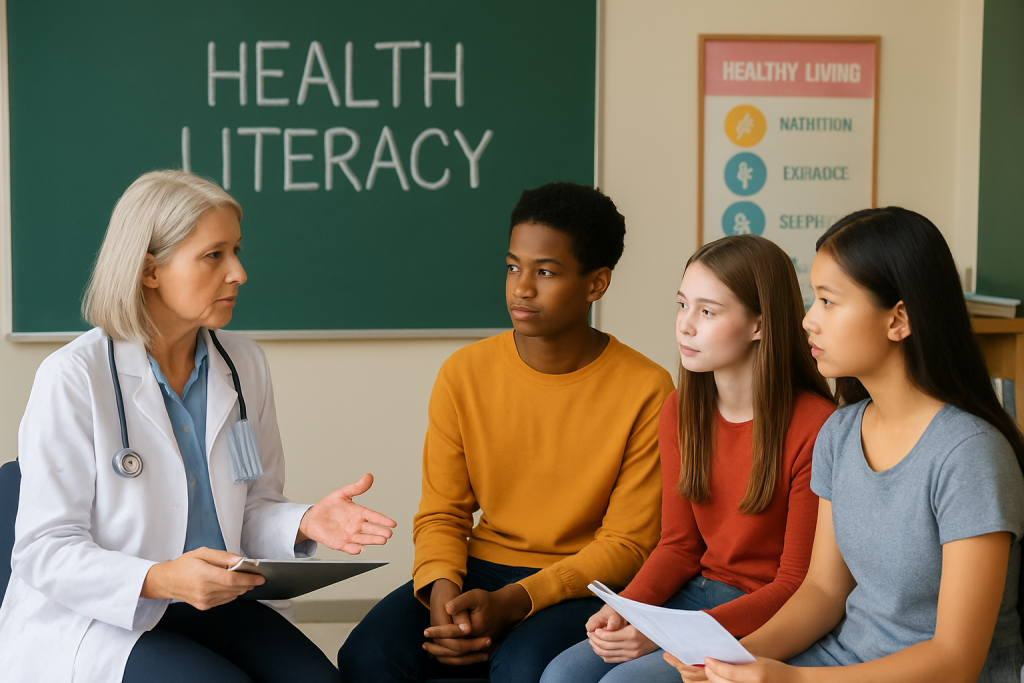In today’s digital world, teenagers have access to more health information than ever before—on social media, websites, and even through AI tools. But access alone doesn’t guarantee understanding or action. A recent study published in Frontiers in Public Health by Mi-Ae You and Jeong-Ah Ahn sheds light on a crucial question: how do young people’s ability to seek and understand health information shape their everyday health habits?
The researchers explored two key ideas: health information orientation—how motivated someone is to look for health information—and health literacy, or how well they can interpret and use that information. Their study, conducted among 149 Korean middle school students, found that both factors strongly influence whether teens engage in health-promoting behaviors like exercising, eating nutritious foods, and maintaining good hygiene.
The most striking result was that health information orientation emerged as the strongest predictor of positive health behaviors. In other words, adolescents who actively seek reliable information about health are far more likely to take care of themselves. This finding suggests that fostering curiosity and critical thinking about health topics may be just as important as classroom lessons about nutrition or disease prevention.
Health literacy also played an important role. Teens who could understand and apply what they read or heard about health were more consistent in healthy habits. The study further revealed that adolescents whose parents were their main source of health information tended to practice healthier behaviors than those relying on friends or the internet. Family conversations, it seems, can still outweigh online influence when it comes to forming lasting habits.
These findings carry powerful implications for educators and policymakers. Schools could integrate media literacy and health education more closely, helping students evaluate the credibility of online sources. Public health campaigns targeting families might also focus on encouraging open parent-child dialogue about health.
Yet the study also highlights persistent inequalities. Teens from higher economic backgrounds reported better health behaviors—reminding us that information alone doesn’t close the gap created by limited access to healthy food, safe recreation, or healthcare resources.
Ultimately, the research underscores that health promotion in adolescence isn’t just about telling teens what to do—it’s about teaching them how to learn. When young people are empowered to seek, question, and understand health information, they gain lifelong tools for well-being in a world overflowing with data.
Editor of Daily 27.
Predoctoral researcher at the Department of Sociology in University of Barcelona.


